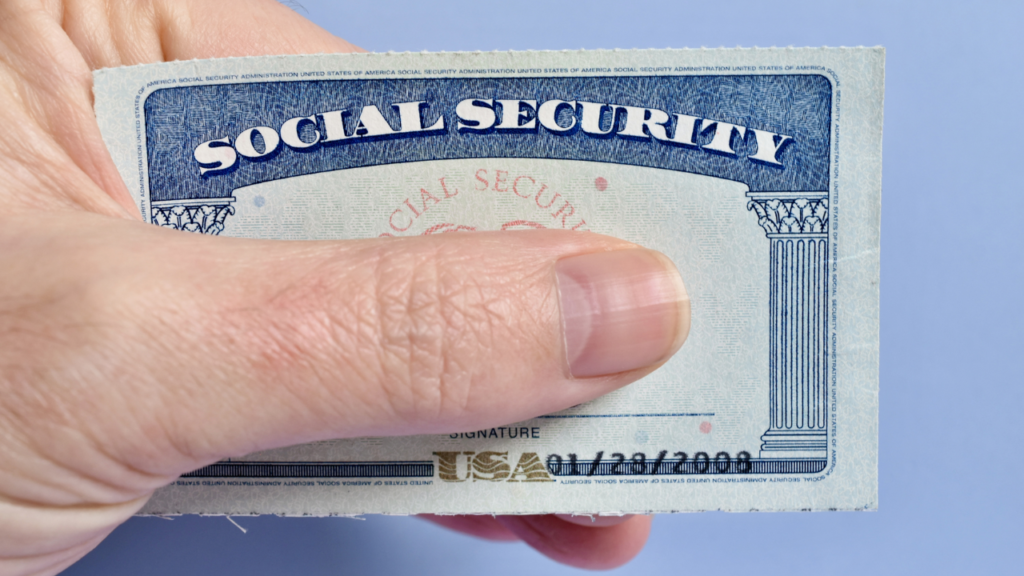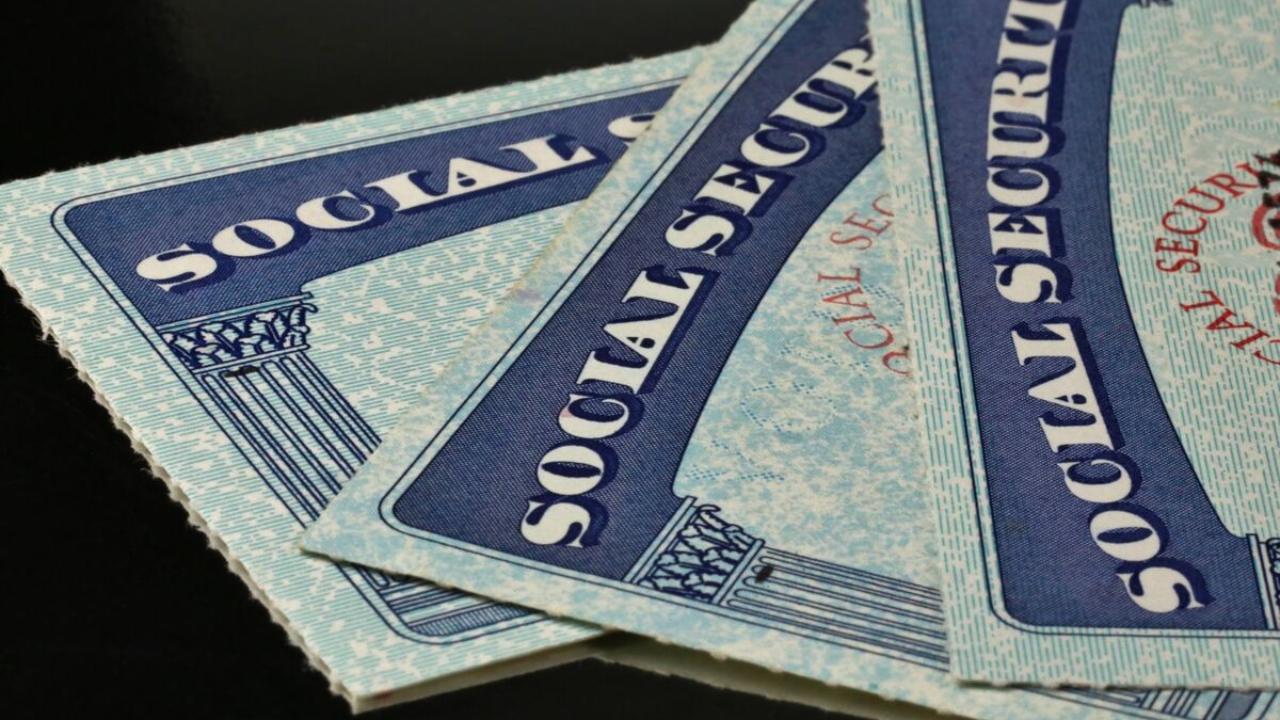The U.S. Supreme Court has made a big decision that affects your personal information and privacy. They allowed a program called DOGE to access Social Security data.
This move is raising concerns about what kind of personal details could be exposed and how it might affect everyday people.
Let’s break down what this means, why it matters, and what information is at risk.
What is DOGE, and Why Does It Need Social Security Data?
First, you might wonder what DOGE is. It’s not a popular cryptocurrency, but a government program linked to verifying people’s identity and eligibility for services.
The U.S. Social Security Administration (SSA) holds very sensitive personal data about millions of Americans. This includes details like your Social Security number, birthdate, work history, and more.
DOGE’s access to this data means it can check information quickly to confirm if someone is who they say they are. This can be helpful for things like applying for government benefits or other important services that need proof of identity.
However, this access also raises privacy issues. Many people worry about how safely their data will be handled and if this could lead to misuse or identity theft.
What Personal Information Is Included in Social Security Data?
Social Security records contain many personal details. Here are some key pieces of information that DOGE can now access:
- Full name
- Social Security number (SSN)
- Date of birth
- Address history
- Employment and earnings history
- Benefit claim status
- Family member details (if applicable)
This data is very sensitive. If it falls into the wrong hands, it could be used for identity fraud or other crimes. So, the Supreme Court’s decision puts a spotlight on data protection and government responsibility.
Why Did the Supreme Court Approve This?

The government argues that allowing DOGE to access Social Security data will make services more efficient. It can help reduce fraud by verifying information faster and prevent people from claiming benefits they are not eligible for.
The Supreme Court, by approving this, said the benefits of better verification outweigh the risks. They believe the government has enough security measures in place to protect the data.
Still, some experts and privacy advocates are not fully convinced. They worry about how the data will be stored, who can see it, and whether it might be shared with third parties.
What Are the Risks for Ordinary Americans?
The biggest risk is a data breach or misuse. Even with strong security, no system is completely safe. Hackers could target DOGE’s access to steal personal information.
If your Social Security data is leaked, it could be used to open fake bank accounts, get loans, or commit other fraud in your name. Recovering from identity theft is often complicated and takes years to fix.
There’s also concern about surveillance or misuse of personal details by government agencies beyond their original purpose. Transparency and strict rules will be essential to keep people’s data safe and limit how it can be used.
How Can People Protect Their Information?
Here are some tips to protect your Social Security data and personal information:
- Be cautious about sharing your SSN: Only provide it when necessary.
- Monitor your financial accounts regularly for any suspicious activity.
- Use credit monitoring services if possible.
- Watch for phishing scams trying to steal your data.
- Stay informed about government programs and their privacy policies.
While government programs like DOGE can help verify identities, personal vigilance remains important.
What Does This Mean for Future Privacy Laws?
This decision could set a precedent for how much access government programs have to personal data. It shows a willingness to allow broader sharing of sensitive information if it serves public interest goals, like reducing fraud.
Privacy advocates want stronger laws that limit data use, require transparency, and allow people to control their personal information better.
In the coming years, there will likely be debates on balancing the benefits of such programs with the need to protect privacy rights.
Summary
The Supreme Court’s decision to give DOGE access to Social Security data is a significant development. It could improve how government services verify identities and prevent fraud. But it also raises important questions about privacy and security.
People need to be aware of what information is at stake and take steps to protect themselves. At the same time, the government must ensure strong protections are in place to prevent misuse or leaks.
As this story develops, staying informed and cautious is the best way to keep your data safe.






